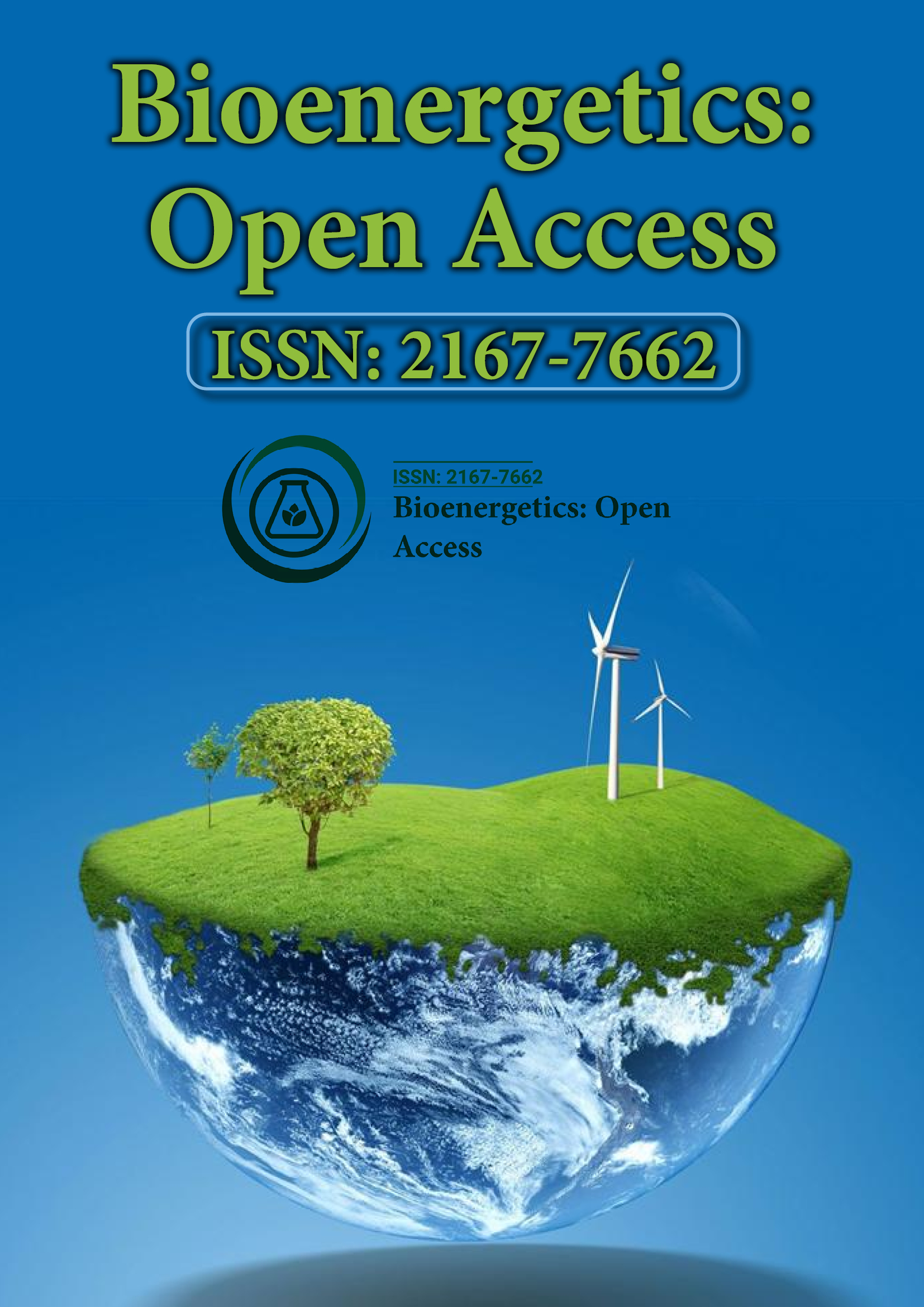Indexed In
- Open J Gate
- Genamics JournalSeek
- Academic Keys
- ResearchBible
- RefSeek
- Directory of Research Journal Indexing (DRJI)
- Hamdard University
- EBSCO A-Z
- OCLC- WorldCat
- Scholarsteer
- Publons
- Euro Pub
- Google Scholar
Useful Links
Share This Page
Journal Flyer

Open Access Journals
- Agri and Aquaculture
- Biochemistry
- Bioinformatics & Systems Biology
- Business & Management
- Chemistry
- Clinical Sciences
- Engineering
- Food & Nutrition
- General Science
- Genetics & Molecular Biology
- Immunology & Microbiology
- Medical Sciences
- Neuroscience & Psychology
- Nursing & Health Care
- Pharmaceutical Sciences
Some novel modulators of obesity and atherogenic factors
3rd International Conference on Lipid Science and Technology
December 11-12, 2017 | Rome, Italy
M Raj Lakshman
VA Medical Center, USA
Keynote: Bioenergetics
Abstract:
Metabolic syndrome is a complex disease that encompasses obesity, type 2 diabetes, hypertension and hyperlipidemia. Poor dietary habits and sedentary life style lead to impaired adipose tissue fuel handling and ectopic lipid deposition in vital organs such a liver, pancreas, muscle and heart. Transcriptional coactivators peroxisome proliferator receptor coactivator 1 alpha and beta (PGC1α, PGC1 β ) as well as sterol regulatory element-binding proteins (SREBPs) play vital roles in regulating the lipid oxidizing and lipogenic genes and thereby control the progression of obesity and metabolic syndrome. AMP-activated protein kinase (AMPK) and Sirtuins (SIRT) are two metabolic fuel sensors that directly affect PGCs and SEREBPs through phosphorylation and deacetylation, respectively. A number of natural modulators have a direct impact on the intracellular status of AMPK and SIRTs, and thereby may play vital roles in maintaining lipid homeostasis. We show that low omega3-polyunsaturated fatty acids (low-�?3FA) and soy proteins effectively attenuate high-fat diet-induced hyperlipidemia and hepatosteatosis. They also prevent the downregulation of hepatic SIRT1 and PGC1α and their target fatty acid oxidation pathway genes and attenuate the upregulation of hepatic PGC1α and SREBP1c and their target lipogenic pathway genes via the phosphorylation of AMPK. Similarly, dietary curcumin protects against high-�?3FA-induced hepatosteatosis. Simultaneously, polyphenol, quercetin upregulates paraoxonase 1 (PON1) mRNA and causes significant increase in serum PON1 and homocysteine thiolactonase (HCT), the key anti-atherogenic enzymes. Moreover, quercetin protects against high-�?3FA-induced oxidative stress by increasing the antioxidant glutathione and decreasing the toxic lipid peroxidation product 4-hydroxynonenal. He will discuss the status of the relative roles of these transcriptional coactivators, and the central roles of AMPK and SIRT in the maintenance of lipid homeostasis with special emphasis on how novel dietary supplements such as low-�?3FA, soy proteins, and curcumin may serve adjunct therapeutic agents in the treatment of obesity, metabolic syndrome and cardiovascular risks in conjunction with traditional drug therapy. Recent Publications 1. Canto C and Auwerx J (2009) PGC-1alpha, SIRT1 and AMPK, an energy sensing network that controls energy expenditure. Current Opinion in Lipidology 20(2):98-105. 2. Reyes Gordillo K, Shah R, Varatharajalu R, Garige M, Leckey L C and Lakshman M R (2016) Low-�?3 fatty acid and soy protein attenuate alcohol-induced fatty liver and injury by regulating the opposing lipid oxidation and lipogenic signaling pathways. Oxidative Medicine and Cellular Longevity doi: 10.1155/2016/1840513. 3. Passi M, Garige M, Gong M, Leckey L, Nylen E, Shah R, Lakshman MR. Protective roles of polyphenols against the pathogenesis of diabetes, cardiovascular and other chronic diseases. Curr Top Biochem Res. 15: 109-126, 2014. 4. Varatharajalu R, Garige M, Leckey LC, Arellanes-Robledo J, Reyes-Gordillo K, Shah R and Lakshman M R (2014) Adverse signaling of scavenger receptor class B1 and PGC1s in alcoholic hepatosteatosis and steatohepatitis, and protection by betaine in rat. American Journal of Pathology 184(7):2035-44.
Biography :
M Raj Lakshman is currently working as the Director of Research Laboratories and the Chief of Lipid Research at the VA Medical Center, Washington DC. He also has joint appointments as a Professor in the Departments of Biochemistry and Molecular Medicine as well as in the Department of Medicine at the George Washington University, Washington DC. He directs studies in the areas of Alcoholism, Alcoholic Liver Disease, Oxidative Stress, Coronary Artery Disease, Lipids & Lipoproteins, Metabolic and Genetic Obesity, Hepatotoxins, Gene Regulation and Expression. He joined the National Institute of Health, to work on Alcoholic Hyperlipidemia under the able guidance of Professors Richard Veech, Nobel Laureate and Hans Krebs. In 1979, he received the prestigious VA Research Career Scientist Award working in the field of Alcohol and Alcoholism at the VA Medical Center, Washington DC. He was honored with Washington Heart Ball Research Award in 1990 in the field of Hyperlipidemia.
